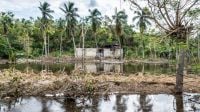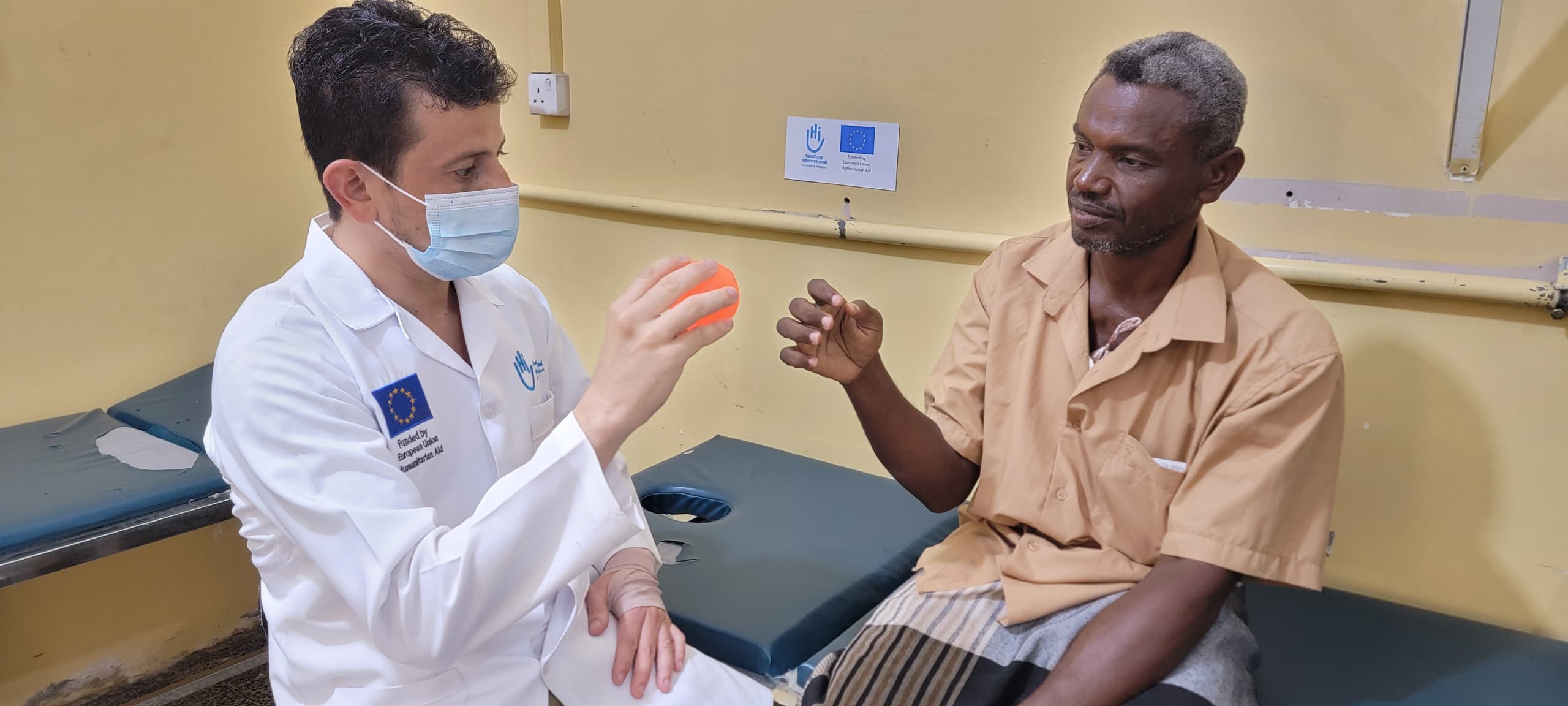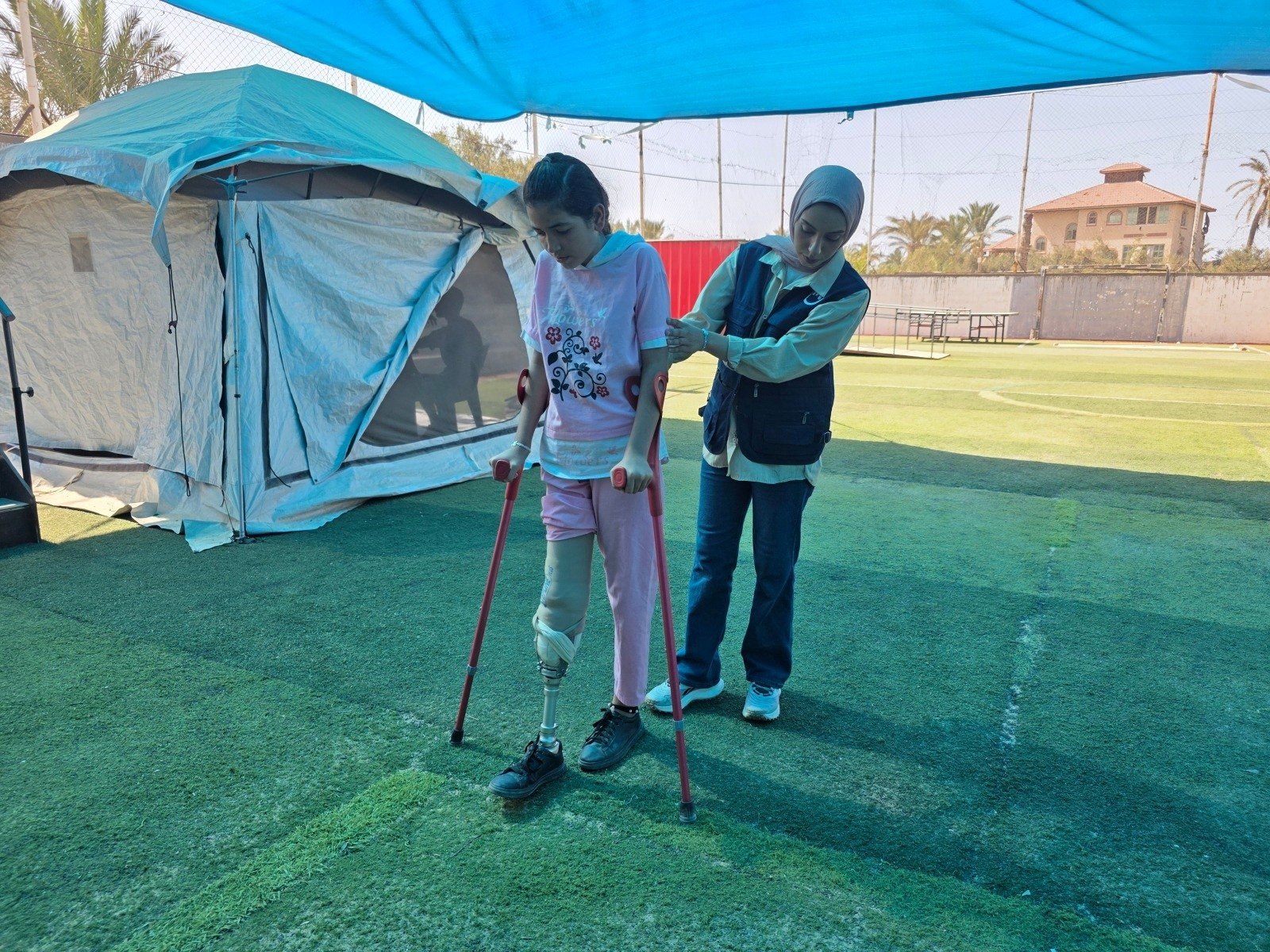Latest news
By country
By activity
- Rights (127)
- Emergency (669)
- Rehabilitation (490)
- Prevention (99)
- Inclusion (280)
- Health (197)
- Explosive weapons (356)
- Event (16)
- Covid-19 (5)
By publication date
Peru: local and inclusive solutions to climate change 11/03/25
In the heart of the Peruvian Amazon and Andes regions, HI is empowering women, young people, and individuals with disabilities to combat the effects of climate change.
- Peru
Tropical storm Melissa hits the Caribbean with full force 10/31/25
In Haiti and Cuba, where HI teams are based, the damage is considerable. There are fears that humanitarian needs will skyrocket.
- Cuba
- Haiti
A stroke survivor rebuilds his life amid war and poverty 10/31/25
HI supported Ali Jaber Ali Yateem who suffered a stroke to recover his mobility.
- Yemen
Floods in the Philippines: Tintin wants to be an inspiration to her children 10/25/25
After weeks of rain and flooding, Tintin found support from HI. Today, she and her family are rebuilding their lives and moving forward.
- Philippines
13 years of armed violence have devastated Syria 10/22/25
How do you rebuild your life when everything around you is destroyed? Qais Al Hmeidi, 44, a father of 3, tells how he is back in the village he fled during the war.
- Syria
11 Months of Detention for Alberto and Rafael 10/16/25
For the past eleven months, Alberto Trentini and Rafael Ubiel Hernandez Machado have been detained by the Venezuelan authorities.
- Venezuela
Explosive weapons kill and injure every day in Syria 10/14/25
People are coming back to their villages that are littered with unexploded ordnance. Children like 10-year-old Amer are the main victims.
- Syria
Mental health support in Togo 10/14/25
Mental health is central to wellbeing issues. In Togo, HI supports associations and communities in the prevention and management of psychosocial conditions.
- Togo
Togo: teachers committed to providing access to education for children with disabilities 10/08/25
Thanks to the work of teachers, every child can learn and progress at their own pace. Discover the daily lives of the women and men committed to inclusive local education in Togo.
- Togo
Healing After the Blast: Karim’s Story of Strength and Support 09/26/25
A landmine blast left Karim severely injured and dependent on others, but with HI’s rehabilitation program, he is rebuilding his life. His journey reflects both the devastating impact of landmines and the determination to rebuild life with dignity.
- Bangladesh
Malak, 9, walks with new prosthetic leg 09/22/25
Malak suffered severe injuries and underwent an above-the-knee amputation earlier this year… She is back on her feet after HI’s help.
- Occupied Palestinian Territory
Civilians are the main victims of cluster munitions 09/15/25
Cluster munitions are forbidden by the 2008 Oslo Treaty. But they are regularly used in Ukraine, mainly in populated areas. Volodymyr is one of the many victims.
- Ukraine
Mehari, a model of resilience for victims of explosive ordnance 09/11/25
Injured by a mortar fuse, used during the conflict in Tigray, Mehari is now on his way to recovery and developing his business.
- Ethiopia
Floods in Pakistan: HI is supporting the population as they cope with the disaster 09/11/25
HI is mobilizing to help the Pakistani population cope with the disaster. Torrential rains, landslides, floods... The humanitarian needs are immense.
- Pakistan

















